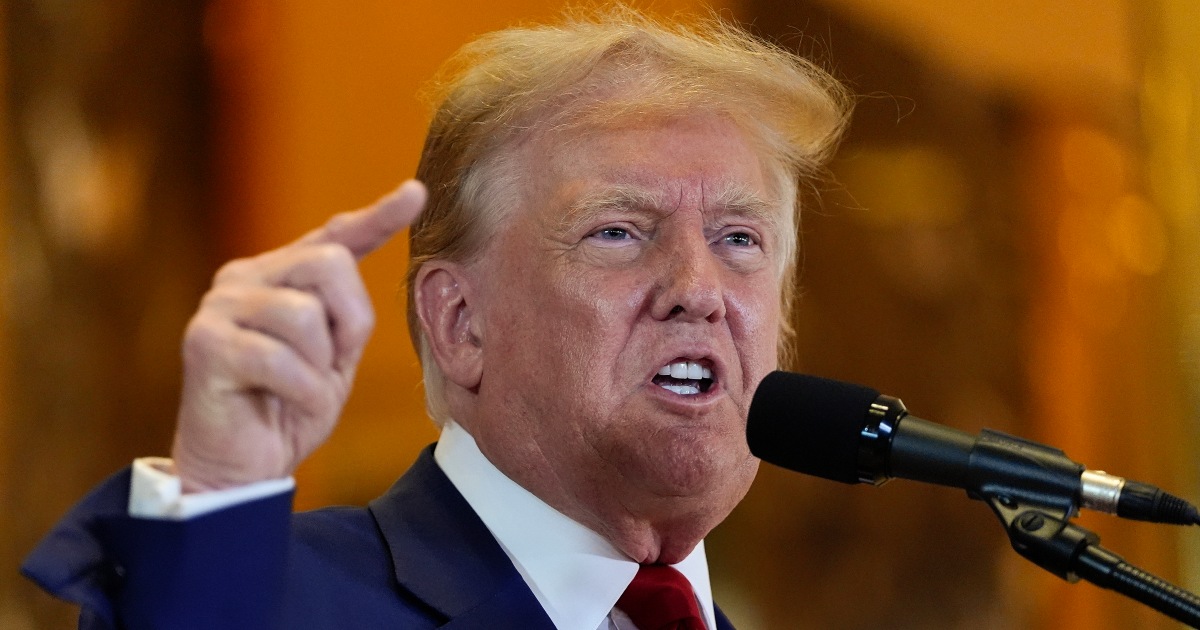Donald Trump’s Historic Conviction and Its Political Reverberations
For the first time in American history, a former president, Donald Trump, has been convicted on 34 felony counts of falsifying business records. This verdict, delivered by a New York jury, has sent shockwaves through the political landscape, especially in an election year. Trump faces significant legal repercussions and yet remains defiant, continuing his campaign for another term in office.
The conviction stems from accusations that Trump attempted to illegally influence the 2016 presidential election by falsely accounting for $130,000 in hush payments to porn star Stormy Daniels. The hush money aimed to suppress information that could have harmed his election campaign. Prosecutors argued and the jury agreed that Trump's actions constituted illegal campaign finance violations.
In his defense, Trump has perpetuated numerous false claims. He accused President Joe Biden’s Administration of orchestrating the charges, despite the fact that the case was prosecuted by Manhattan District Attorney Alvin Bragg, a state official with no ties to the Department of Justice or the White House. Biden himself called Trump's claims "irresponsible."
Reaction and Moving Forward
Immediately after the verdict, Trump’s team announced plans to appeal. While Trump faces a maximum of four years in prison per charge, totaling up to 136 years, it is more likely that his sentence will be either suspended or commuted to a fine due to his lack of a criminal record and the nature of the charges being non-violent. The judge, Juan Merchan, a strict yet fair arbiter, will announce the sentence on July 11, shortly before the Republicans consider Trump for their official presidential candidate at a convention in Milwaukee.
Trump and his legal team assert that the trial limitations deprived them of a fair defense, specifically mentioning restrictions on the testimony of election law expert Bradley A. Smith. Furthermore, they argued unsuccessfully against the indictment on the basis of the statute of limitations.
Despite these legal battles, Trump continues to leverage the conviction for his political campaign. He portrays himself as a victim of a biased justice system, an appeal that resonates strongly with his base. His campaign has mobilized support and fundraising by casting the verdict as a politically motivated attack.
Interestingly, this conviction may not significantly affect the election outcome. Polls, such as those conducted by the Marist Poll institute, indicate that the majority of non-partisan voters are unlikely to change their stance due to Trump's legal troubles. However, his staunch supporters are likely to rally behind him even more fervently, while his detractors will hope for a harsher punishment.
In addition to this New York case, Trump faces other legal challenges, including charges of election manipulation and mishandling of government documents. Yet, these cases have seen little progression and are unlikely to resolve before the upcoming election.
- Trump's celebrity and persona have always been central to his public and political life. His conviction is historic not only because he is a former president but also because of the sensationalism surrounding the trial. Media coverage has been extensive, adding to the spectacle that is Trump’s legal and political saga.
- The former president’s resilience is noteworthy; despite legal troubles that would derail most political careers, Trump remains a dominant figure in the Republican Party. His ability to turn crises into rallying points for his base demonstrates his unique position in American politics.






